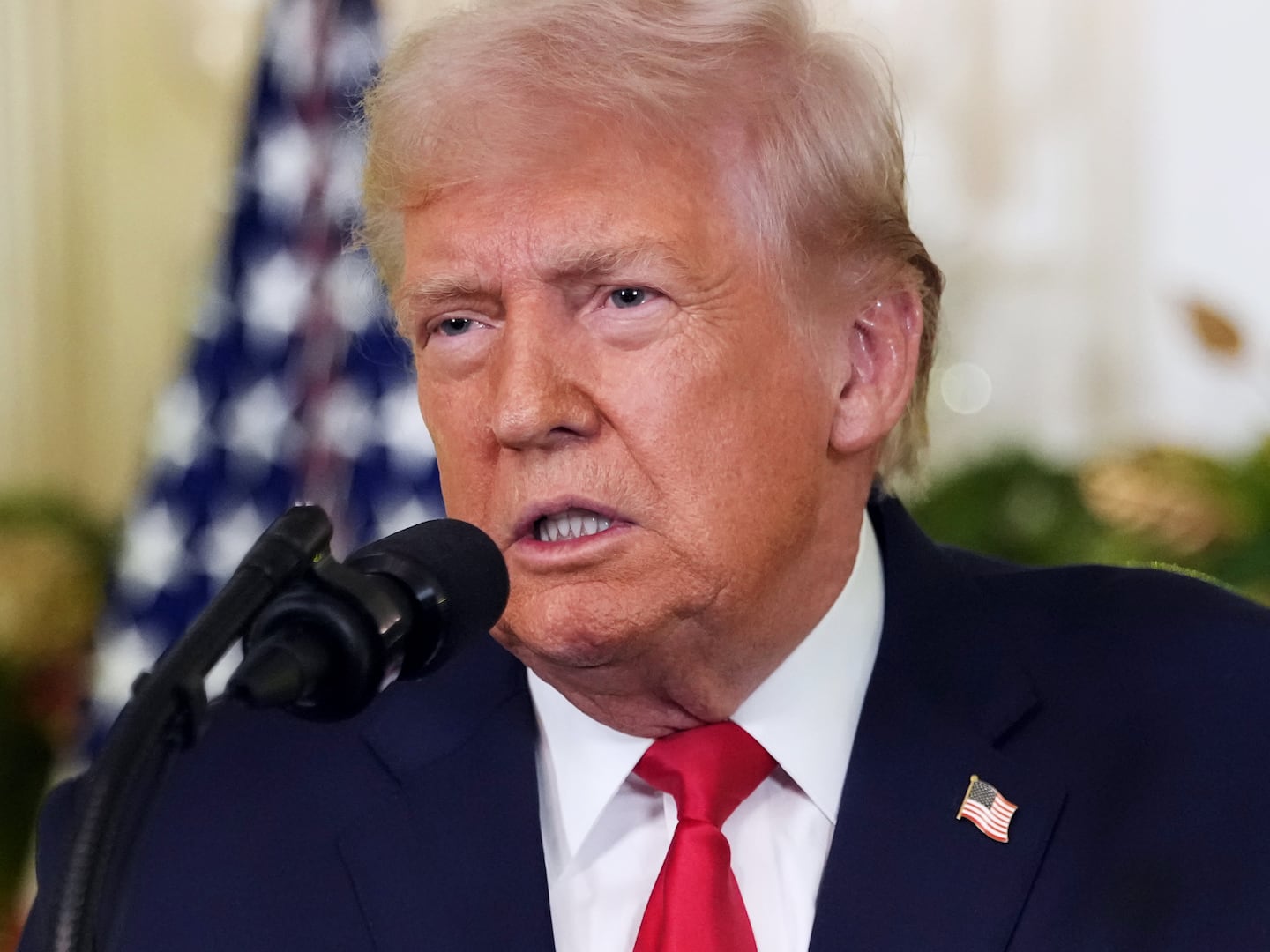Doha, QATAR — The summers in Doha are so unbearably hot, few people venture out on the streets during daylight hours. As I set out from my hotel to scour Doha for the five Taliban commanders released from Guantanamo Bay, I knew that the odds of running into them were against me.

I was in Doha this week with a group of diplomats, experts, and officials who gathered at the glitzy Ritz Carlton for a conference on U.S. relations with the Muslim world, hosted by the Washington-based Brookings Institution and funded in part by the Qatari foreign ministry. Most conference attendees never left the hotel, save for a meal or two at one of Doha’s ornate tourist destinations. But I was on a mission. I was determined to justify taking four days to schmooze in the Gulf by bringing home a big catch; I would find the Taliban Five or their luxury Doha compound and pose some questions to them, whether they were happy to see me or not.
I didn’t see it as a fool’s errand; plenty of video had been released showing that the Taliban Five had freedom of movement within Qatar. At the same time, I knew that the Taliban were intentionally avoiding contact with the media and the Qatari government was doing its best to keep them under wraps, because media interviews would violate and perhaps vitiate the agreement they made to trade the Taliban prisoners for American prisoner Bowe Bergdahl.
There was also competition. We learned that at least three major news organizations had sent full crews to Doha this week to try to find the Taliban Five. As far as I know, none have yet succeeded. For these other news organizations, their hunt for the ex-prisoners was a multi-thousand dollar high-risk gambit. For me, it was a fun excuse to tour the real Doha since I was already in the neighborhood.
Reliable intelligence on their specific whereabouts was hard to come by, even at a conference full of Western experts and Qatari officials. First, I found contacts in both the Qatari foreign ministry and the Taliban representative office in Doha and sent them formal interview requests. Neither responded. Short on time, I decided to make my intentions well known to all the conference-goers, in the hope a sympathetic or mischievous source would make themselves known. Several did.
One conference attendee told me he had spoken with a masseur who had visited the Taliban Five at their new home, a fascinating bit of information that was more than a simple lead. The Taliban Five are bringing in masseurs? After 12 years of confinement, it’s hard to call that luxurious. But it didn’t seem to fit with their hard-line stereotypes. Alas, the masseur was ultimately unreachable.
Another conference-goer told me the former Qatari ambassador to Washington was in the hotel and knew the exact location of the Taliban Five. Being a very senior official with close ties to the Obama administration, he would definitely have been involved in the details of the deal. But knowing what I was planning to ask him, my source refused to make the introduction.
A third participant directed us to the mosque where the Taliban Five were most likely to pray. Unfortunately, they probably wouldn’t show up there until Friday, the source explained, one day after we were scheduled to leave Doha.
So Tuesday afternoon, I enlisted the help of two Arabic speaking friends, hired a driver (a Bangladeshi man who spoke no Arabic), and headed to the al-Muaither neighborhood on the outskirts of the city, where several news reports had said the Taliban former prisoners were reuniting with their families at an undisclosed luxury compound.
Bordering the desert, the al-Muaither neighborhood was a loose conglomeration of modest houses and high-end compounds littered with expensive cars. On the main drag were a series of strip malls, one of which contained a restaurant called Afghan Brothers. Might the Taliban have gotten sick of home cooking and ordered out? We had our driver wait while we went in to investigate.
After lightly interrogating a couple of the delivery boys at Afghan Brothers, we realized we had hit a dead end. None of the restaurant staff we met were Afghan and none had remembered selling food to any Afghans in the area, much less the five Afghans we were hunting.
We drove around the neighborhood searching for signs of a compound like no other. A robust police presence or elaborate surveillance cameras, for example, might signal the place where five high level Taliban officials were holed up. While we were cruising al-Muaither, we planned out what to ask the Taliban Five, if we found them, considering it would likely be a very short ambush style interview.
“Do you support Hillary Clinton for President,” was one idea tossed around. If they said yes, that would be big news.
“What word makes you laugh?” we thought might be a way to humanize these often-demonized figures.
After about an hour of peering into random compounds, we owned up to the futility of that tactic, but we had one more trick up our sleeve. We directed our driver to take us to the official Taliban representative office, the very same one that opened briefly in June 2013 in advance of what were to be direct U.S.-Taliban talks, but closed the same day after Hamid Karzai threw a tantrum over the embassy like sign on the front, which read “The Islamic State of Afghanistan.”
The Taliban representative office (pictured above) was not hard to find at all; it’s located in a plush residential neighborhood only 300 feet from the U.S. ambassador’s residence. The building looked like it was kept up and in use but there were no Taliban visible from the outside, only a Qatari policeman in a pillbox out front.
I got out of the car, started to approach the door, and the policeman began shouting in a language I assume was Arabic. As he was beckoning me to come over to him, I noticed my driver was slowly but surely pulling away without me, as he did not wish a confrontation with the government security services. The policeman, now yelling and shaking his fist, started to exit his pillbox and walk toward me. I snapped some photos, got into the rolling car, and we sped away.
We failed to find our targets but we succeeded in having an adventure in Doha. The bottom line is that the Taliban Five aren’t likely to be found until or unless they want to be found. The U.S. is going to have to accept the fact that they simply aren’t under our supervision anymore. That’s the deal we made and they are holding us to it.
To any other journalists interested in following up on our mission, I humbly offer one piece of advice. Try the food at Afghan Brothers restaurant in the al Muaither neighborhood. It will probably end up being the highlight of your search.






